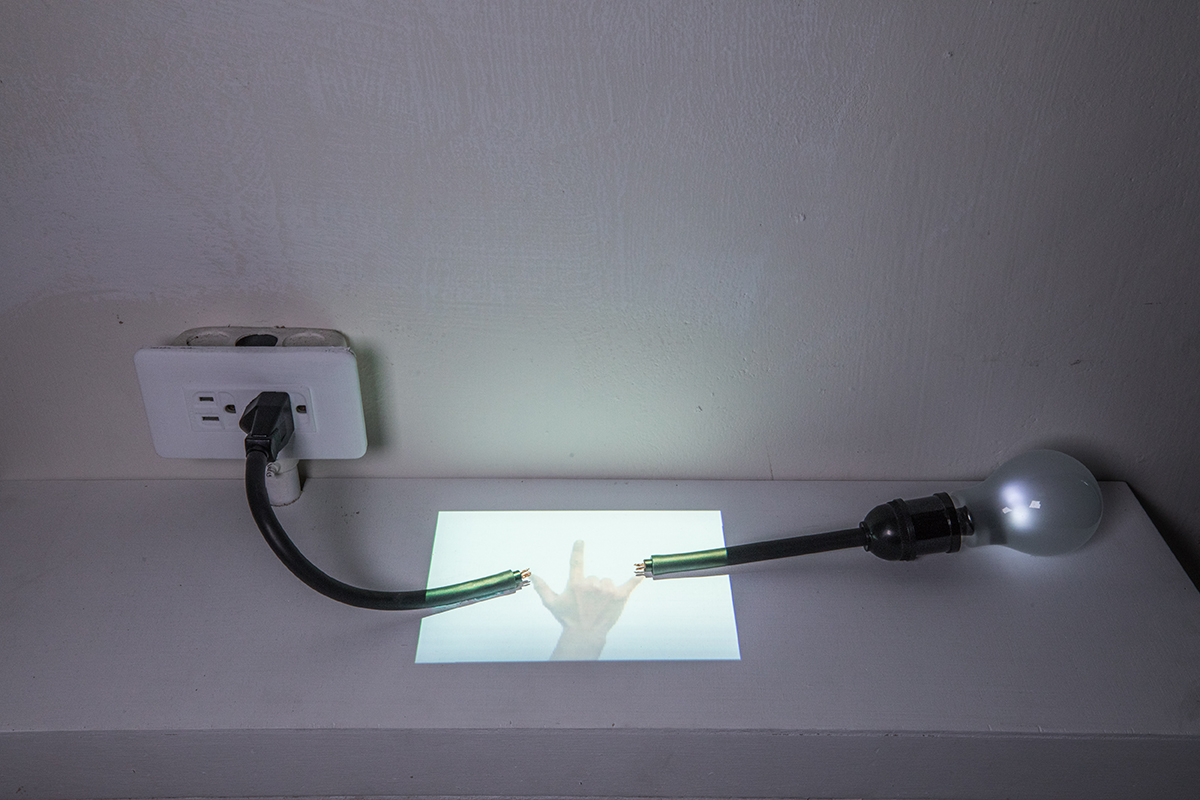
駭.zip
口丁,寶藏巖藝術聚落,台北
Hacking.zip
OpenLab, in Treasure Hill Artist Village, Taipei
17 April — 1 May 2019
「駭客」常被認為是一群惡意攻擊電腦以勒索,或是純粹從惡搞的行為中取得樂趣的反派人物。相反地,他們也可能是面目模糊,卻仍享有高度讚譽的社會英雄,成為當代的集體對有效攻擊的寄託,當政府或企業越線地違反了人權倫理,駭客便匿名地進行網路攻擊以造成對方的混亂。在面臨劇烈環境災難、恐怖攻擊、金融科技資本主義的世界性焦慮中,駭客幾乎取代了漫威中的各路英雄。然而,「駭」的應用相當寬廣,具有創造力的作品、手法能被稱為駭,最初使用hacker一詞的麻省理工學院學生只是恰好針對了電腦科學領域。
既然駭客能出現在各種領域,代表每個人都可能在生活的經驗中產生作品。生活駭客(life hack)描述的是能夠利用物品或工具來讓生活更輕鬆方便的能力,也意旨某種具有巧思的自造(DIY)。倘若「駭」一詞具有多元的想像力,能夠觀察、處理個人或集體所面臨的困境,我們是否可以期待藉由藝術家的手勢,讓展覽現場成為某種生產發明的場址?此次邀展的藝術家從生活現象到個人情感技術,嘗試藉由藝術作品來駭入生活,抽絲剝繭出生活中的各種場景,專注於日常中的空缺,以科技工具、書寫或改造來解壓對於「駭」的定義。
Hackers are commonly recognized as criminals who spread computer virus for ransom or for fun, but they could also be heroes when they hack to punish governments or enterprises who act against human ethics. Hackers become representative of justice for people who live under the anxiety of environmental disaster, horror attacks, or the expansion of financial and technological capitalism.
In fact, the term “hack” refers to acts not just in the field of computer science, but in broader contexts too. Back in the 1960s, it was used to describe any acts with creativity. Here comes the concept of “life hacking”, which refers to the ability of transforming or renovating ordinary, handy objects into something that make life easier and more convenient.
There is diversity of the word ‘hack’ in many different uses, this exhibition is trying to ask: How do art and hack co-exist in a work? How to imagine an art exhibition as a place full of hacking and producing by artists? The artists attempt to do life hacks with their keen sense of awareness, to tackle their daily life problems head-on, also unzip the meanings of hack by their works with technology, writing and playing tricks.
Related works